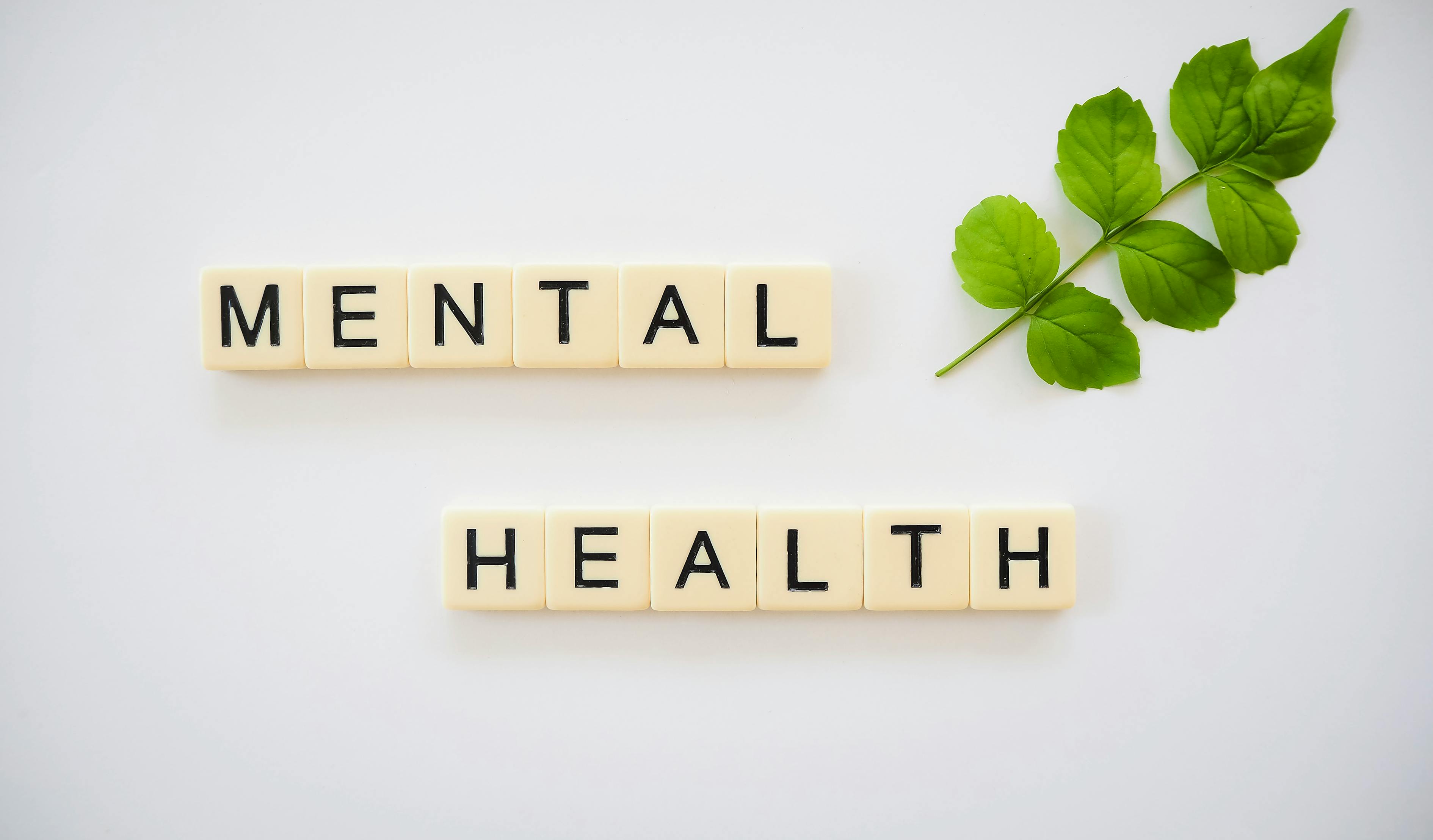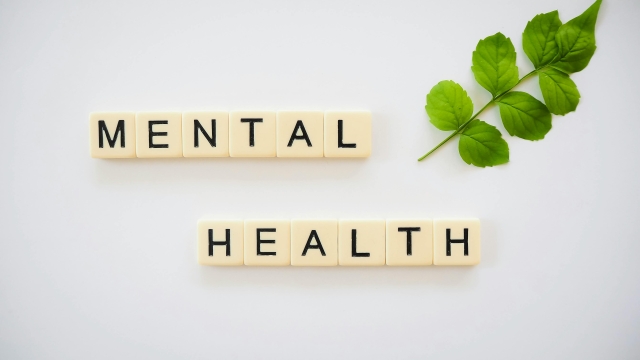
As we journey through life, traversing the complexities of the human experience, our mental health stands as an integral component of our well-being. In a world where the pace of living seems to quicken with each passing day, it is imperative that we pause to acknowledge and nurture our mental and emotional selves. Mental health encompasses a spectrum of thoughts, emotions, and behaviors that shape our perceptions, interactions, and overall quality of life. It is a facet of our being that requires tenderness, understanding, and active engagement.
Stigmas Surrounding Mental Health
Stigmas surrounding mental health can be pervasive and damaging. These stigmas often stem from a lack of understanding or misinformation about mental health conditions. People may wrongly perceive individuals struggling with mental health challenges as weak or unreliable, leading to negative attitudes and discrimination. These stigmas can prevent individuals from seeking help and support, worsening their mental health issues over time.
It is essential to challenge these stigmas and promote open conversations about mental health. By increasing awareness and education, society can work towards destigmatizing mental health conditions and creating a more supportive environment for those in need. Encouraging empathy and compassion can help break down barriers and encourage individuals to seek the assistance and care they require.
Addressing stigmas surrounding mental health requires a collective effort from communities, institutions, and individuals. By fostering acceptance and understanding, we can create a culture where individuals feel comfortable discussing their mental health without fear of judgment or discrimination. Breaking down these stigmas is crucial for promoting mental wellness and ensuring that those in distress can access the resources and assistance they need.
Effective Coping Mechanisms
In times of mental health challenges, finding effective coping mechanisms is crucial. One powerful way to manage stress and anxiety is through regular exercise. Physical activity releases endorphins, which are known as the body’s natural mood lifters. Whether it’s going for a walk, practicing yoga, or hitting the gym, incorporating exercise into your routine can significantly improve your mental well-being.
Start Now
Another valuable coping mechanism is establishing a strong support system. Surrounding yourself with understanding and empathetic individuals can provide comfort and validation during difficult times. Being able to openly communicate feelings and thoughts with trusted friends or family members can lighten the emotional burden that comes with mental health struggles.
Moreover, practicing mindfulness and meditation can help in developing a sense of inner peace and clarity. Taking moments throughout the day to focus on the present and engage in mindful activities can reduce feelings of overwhelm and promote a calmer state of mind. By incorporating mindfulness practices into daily life, individuals can cultivate resilience and better cope with the ups and downs of mental health challenges.
Importance of Seeking Help
Seeking help for mental health concerns is crucial in maintaining overall well-being. It is important to remember that reaching out for support is a sign of strength rather than weakness. By seeking help, individuals can navigate their struggles and challenges effectively, leading to improved mental health outcomes.
Mental health professionals are equipped with the knowledge and expertise to provide tailored support and guidance to those in need. With the right assistance, individuals can learn coping strategies, gain insights into their mental health conditions, and develop skills to manage their emotions and behaviors effectively.
By seeking help early on, individuals can prevent their mental health concerns from escalating and potentially developing into more severe issues. It is essential to prioritize one’s mental health and well-being by taking proactive steps to seek help when needed. Remember, it is okay not to be okay, and seeking help is a positive step towards healing and growth.


